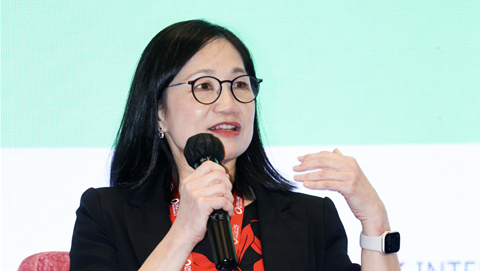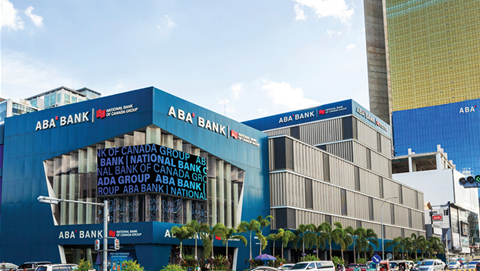The Bank for International Settlements (BIS) and the central banks of Singapore, France and Switzerland have successfully tested the cross-border trading and settlement of wholesale central bank digital currencies (wCBDCs) between financial institutions, using new decentralised finance (DeFi) concepts on a public blockchain.
DeFi is an emerging financial technology based on secure distributed ledgers to empower "peer-to-peer digital exchanges". It eliminates the fees that banks and other financial companies charge for using their services, according to Investopedia.
Project Mariana was developed jointly by three BIS Innovation Hub centres in Switzerland, Singapore and Europe, together with the Monetary Authority of Singapore, Banque de France and Swiss National Bank.
Its architecture "balances" central banks’ domestic need for oversight and the interest of financial institutions to hold, transfer, and settle wCBDC across borders efficiently.
The project’s proof of concept successfully tested the cross-border trading and settlement of hypothetical euro, Singapore dollar and Swiss franc wCBDCs.
It relied on establishing a standardised technical token and creating bridges to facilitate exchange and interoperability between the different currencies. An Automated Market Maker (AMM), a type of decentralized exchange, was also used to automatically trade and settle spot foreign exchange (FX) transactions.
While not endorsing the use of DeFi, the BIS said these protocols could be used by the next generation of financial market infrastructures facilitating cross-border trading and settlement between financial institutions.
"As tokenisation and DeFi technologies are still nascent, further research and experimentation is needed. The BIS Innovation Hub and its global partners will continue exploring their benefits and challenges based on relevant use cases," BIS added.
Speaking on these developments, Banque de France's director general for financial stability and operations, Emmanuelle Assouan said, “Mariana is a novel experiment in several aspects. We have developed a practical solution to exchange multi-CBDCs in a global network interoperable with regional platforms on which the CBDC of each jurisdiction is issued. This could be a forerunner for the functioning of cross-border payments in the future.”
BIS has earlier collaborated with several other central banks from Hong Kong SAR, Thailand, mainland China, and the United Arab Emirates to complete a cross-border digital currency pilot.
As detailed in a report, the project involved around 20 banks conducting 164 payment and foreign exchange transactions over six weeks, with transactions exceeding US$22 million (S$30 million) settled directly on the mBridge platform.









